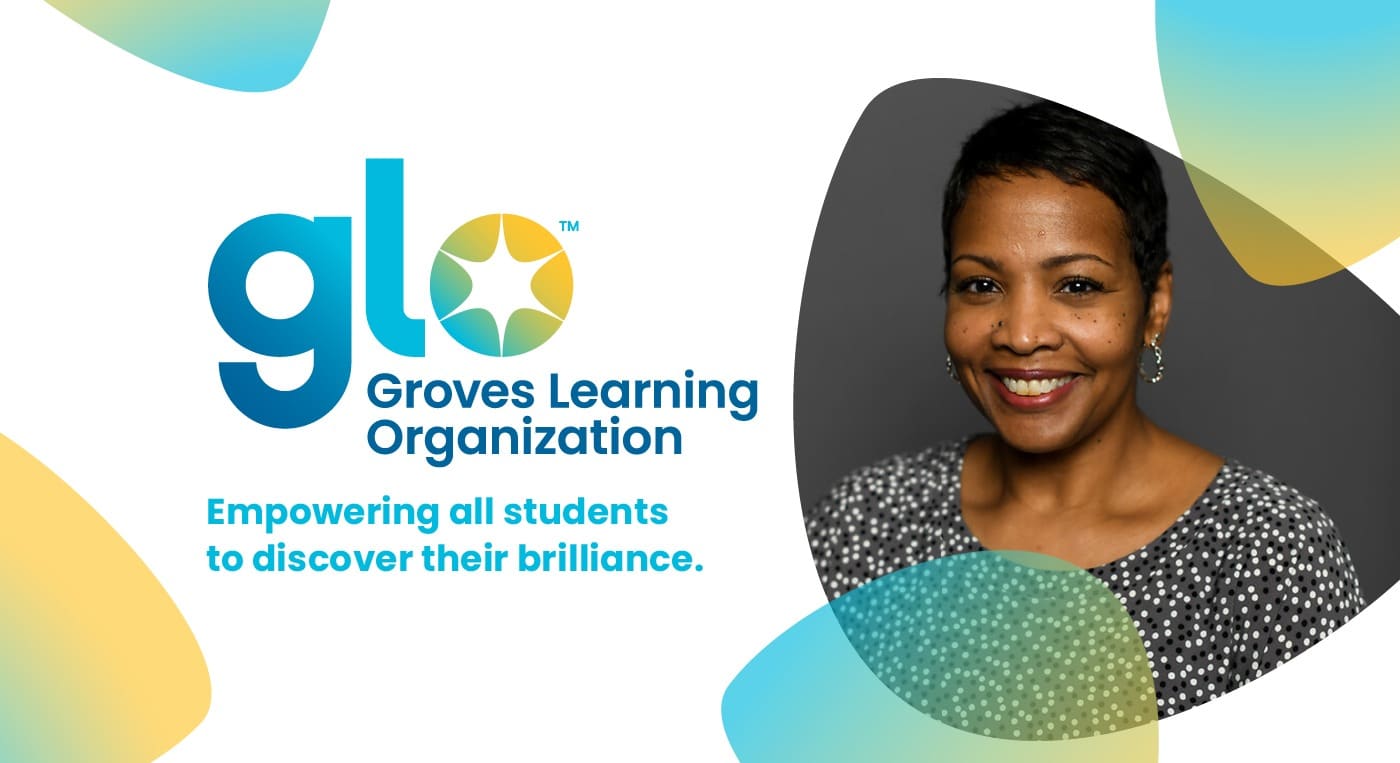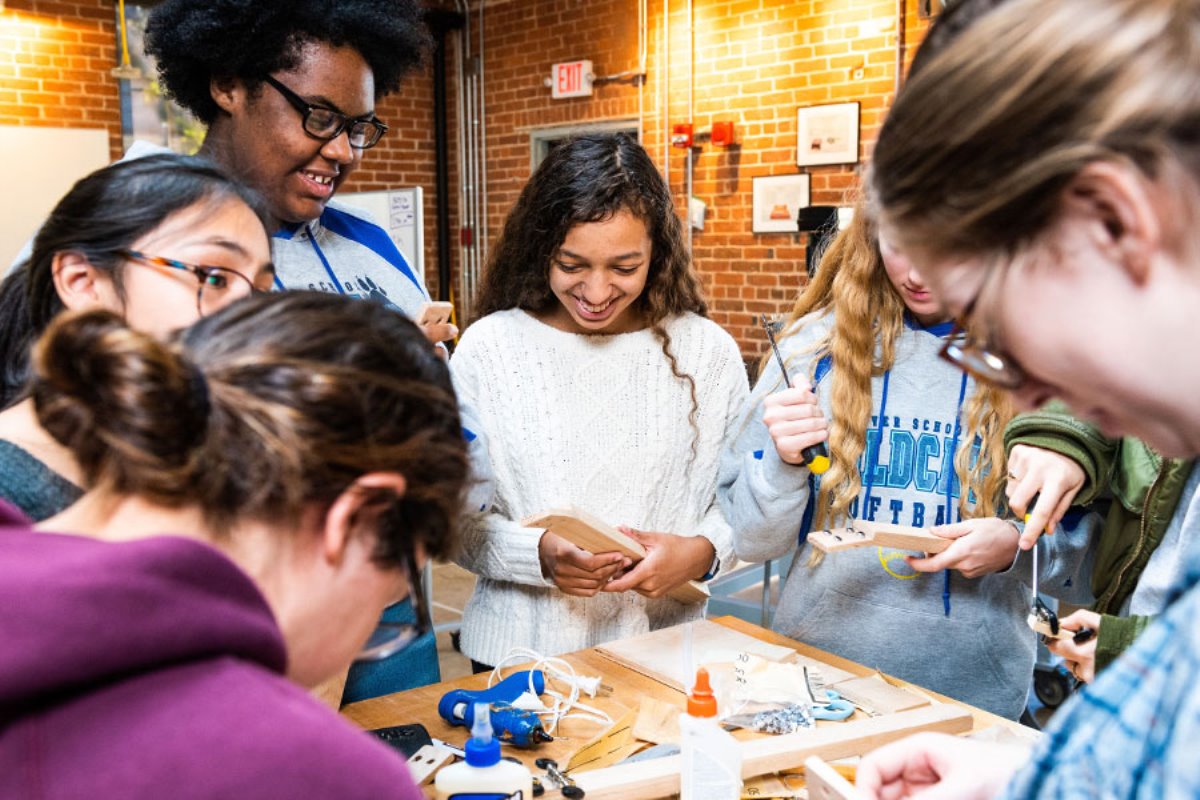Academic success is a goal that many students strive to achieve during their educational journey. However, achieving this success can sometimes be challenging, especially when faced with difficult subjects or complex assignments. One valuable resource that can greatly assist students in reaching their academic goals is a learning and tutoring center. These centers provide a supportive environment where students can receive personalized assistance to enhance their learning experience. Let's explore the benefits of utilizing a tutoring and learning center and how it can help unlock academic success.
1. Personalized Learning Support
Individualized Attention
- Learning and tutoring centers offer individualized attention to students, allowing them to work closely with a tutor or instructor on specific areas of difficulty.
- Students can receive personalized feedback and guidance tailored to their unique learning needs, helping them to better understand the material and improve their academic performance.
Customized Learning Plans
- Tutors at learning centers can create customized learning plans for students based on their strengths and weaknesses, ensuring that they receive targeted support where it is needed most.
- These personalized learning plans help students set achievable goals and track their progress over time, leading to greater academic success.
2. Supplemental Learning Resources
Access to Additional Materials
- Learning and tutoring centers provide students with access to a wide range of supplemental learning materials, such as textbooks, study guides, and practice exams.
- These resources can help students reinforce their understanding of course material, practice new skills, and prepare for exams more effectively.
Technology Tools
- Many learning centers offer technology tools and resources to support student learning, such as computer programs, online tutorials, and interactive study modules.
- These tools can enhance the learning experience and make complex concepts more accessible and engaging for students.
3. Academic Skill Development
Enhanced Study Skills
- Tutors at learning centers can help students develop essential study skills, such as time management, note-taking, and test preparation strategies.
- By improving these skills, students can become more efficient and effective learners, ultimately leading to improved academic performance.
Critical Thinking and Problem-Solving
- Learning centers can help students enhance their critical thinking and problem-solving abilities through interactive activities and guided practice exercises.
- These skills are valuable in all academic disciplines and can help students approach complex problems with confidence and creativity.
4. Building Confidence and Motivation
Encouragement and Support
- Learning centers provide a supportive and encouraging environment where students can receive positive reinforcement and motivation from tutors and peers.
- Building confidence in their abilities can help students overcome academic challenges and approach their studies with a positive mindset.
Recognizing Achievements
- Learning centers often celebrate student achievements and progress, whether big or small, to acknowledge their hard work and dedication.
- Recognizing and rewarding academic milestones can boost students' self-esteem and motivation to continue striving for success.
Overall, utilizing a learning and tutoring center can provide students with the support and resources they need to unlock their academic potential and achieve success in their studies. Whether struggling with a specific subject or looking to enhance their learning skills, students can benefit greatly from the personalized assistance and guidance offered at these centers. By taking advantage of all that learning and tutoring centers have to offer, students can set themselves up for academic success and reach their goals with confidence.









